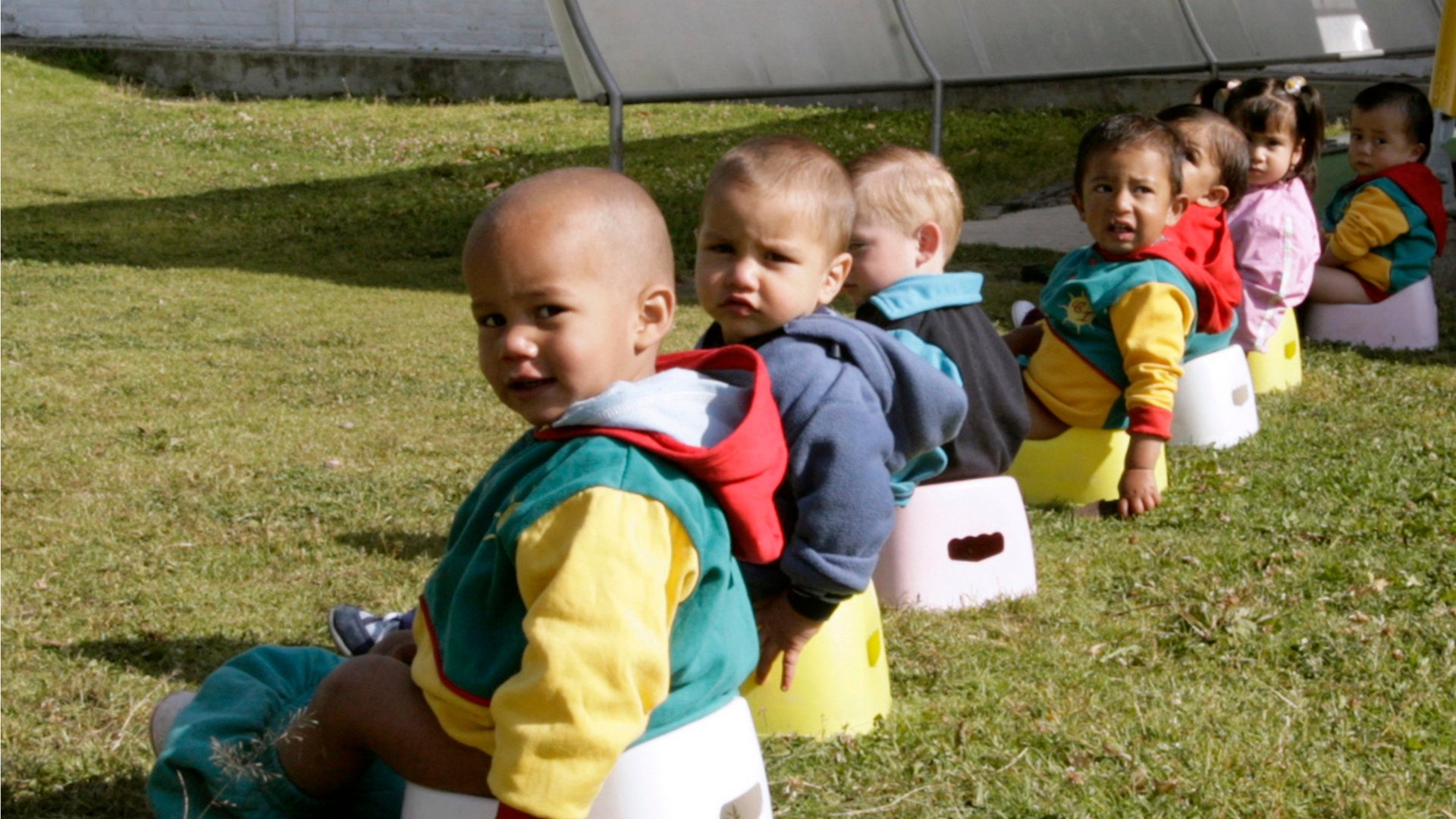Hiring someone to teach your kids to ride a bike doesn’t make you a bad parent
Potty training “boot camp.” Services that will rid your child of head lice, teach her to ride a bicycle, or take him shopping for school clothes. These are just a few of the services parents can buy to help with the work of parenting. In fact, it is now possible to outsource just about every task imaginable.


Potty training “boot camp.” Services that will rid your child of head lice, teach her to ride a bicycle, or take him shopping for school clothes. These are just a few of the services parents can buy to help with the work of parenting. In fact, it is now possible to outsource just about every task imaginable.
Media coverage—like this tongue-in-cheek piece from New York magazine—has tended to focus on the extremes. It’s true: it is possible to hire a live-in sleep-training coach, or counselors to teach your child manners and craft a “discipline plan” for dealing with behavior problems. But these sensationalistic accounts obscure an important trend: ordinary parents are outsourcing many tasks that seem less outlandish, such as meal preparation and party planning. As outsourcing parenting becomes more mainstream, I wanted to study how parents make sense of decisions about what to outsource.
Working with doctoral student Sunaina Velagaleti, we conducted in-depth interviews with 23 families from around the United States, asking about the logic and emotions that guided their decisions about which tasks they would pay someone to complete and which they preferred to complete themselves.
Based on the patterns that emerged from their answers, we identified three types of tensions parents experience when contemplating outsourcing a task. They worry about control—for example, creating complicated lists of rules for babysitters, and packing lunches and snacks instead of having their children eat the food provided by the daycare center. They worry about intimacy—for example, communicating with a nanny via text message throughout the day to be emotionally available to their children even when they are not physically present. And they worry about substitutability, choosing not to outsource the tasks they feel they should do themselves—those defined by our culture as the iconic tasks of parenthood (subject to individual interpretation by different parents, since cultural opinions about these relatively new services are still evolving).
Each of these three tensions shape parents’ decisions about which tasks to do themselves, which to outsource, and how to outsource them. We identified five strategies parents use to ease these tensions:
- Establishing presence remotely: as with the text-message conversations with the nanny
- Customization: for example, a parent might pay someone to plan a child’s birthday party, but choose the color theme, cake flavor, and music playlist, thus easing tensions about control and/or substitutability (what role a mother should play in planning her child’s party)
- Reframing: parents readjust their expectations and priorities to accommodate an outsourcing decision. For example, one respondent said she had to come to terms with missing milestones that took place while her daughter was at daycare. Even if her daughter took her first steps at daycare, the mother said, there would be a first time that she would see her daughter walk. “We’ll count that one,” she said, “not the other one.”
- Infrequent usage: our respondents commonly reported feeling fine about outsourcing services such as making dinner, giving children baths, and putting children to bed on occasion (e.g., hiring a babysitter once in awhile), but said they would never consider outsourcing these tasks habitually.
- Deconstructing care: breaking down tasks into smaller components (e.g., hiring someone to plan a child’s birthday party, but the parent baking the cake to express his or her involvement and love for the child)
By and large, the research that has investigated outsourcing the tasks of parenting has examined individual decisions in isolation. While that may make sense for big decisions such as enrolling a child in daycare or hiring a nanny, we believe that with smaller, more limited services, this perspective distorts the picture. When parents make these decisions, they consider the whole package, including services they themselves provide to their children, as well as those others provide. They make a decision about any single service by considering the context: What else have they outsourced? What are the trade-offs? If they pay someone to complete this task, will it free up the parent’s time to do something he considers more important to do himself?
Economic tensions, combined with a general trend of living far away from extended family, drive parents to outsource some of the tasks of parenting … but this does not make them bad parents. Overwhelmingly, we observed our study participants making thoughtful decisions to provide the best care in ways that would help them preserve their connection with their children. We hope that our study leads to better understanding of the considerations parents weigh when making these fraught decisions, and we hope future research will build on our framework to reveal more about how parents put together the “package” of care they provide to their children.